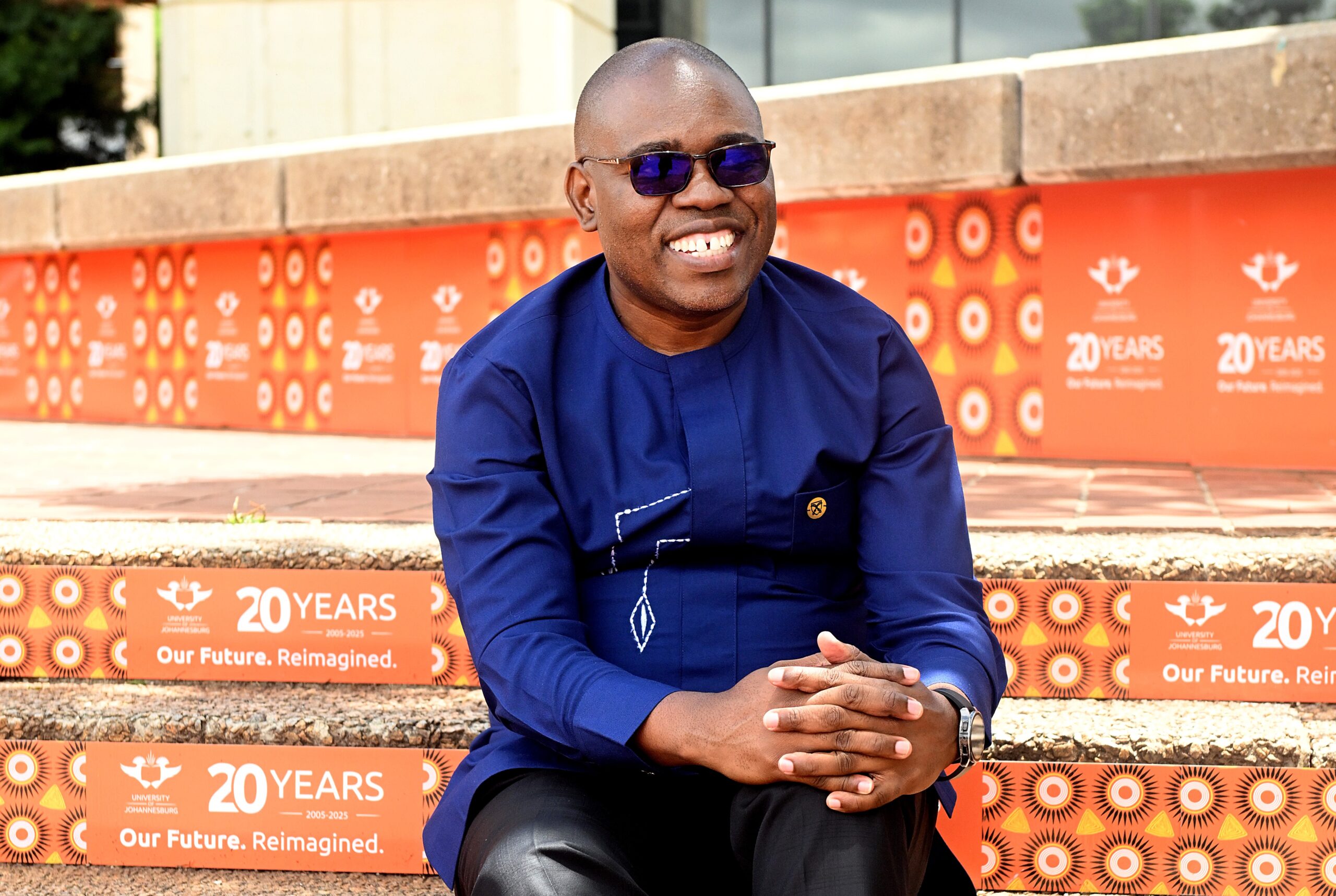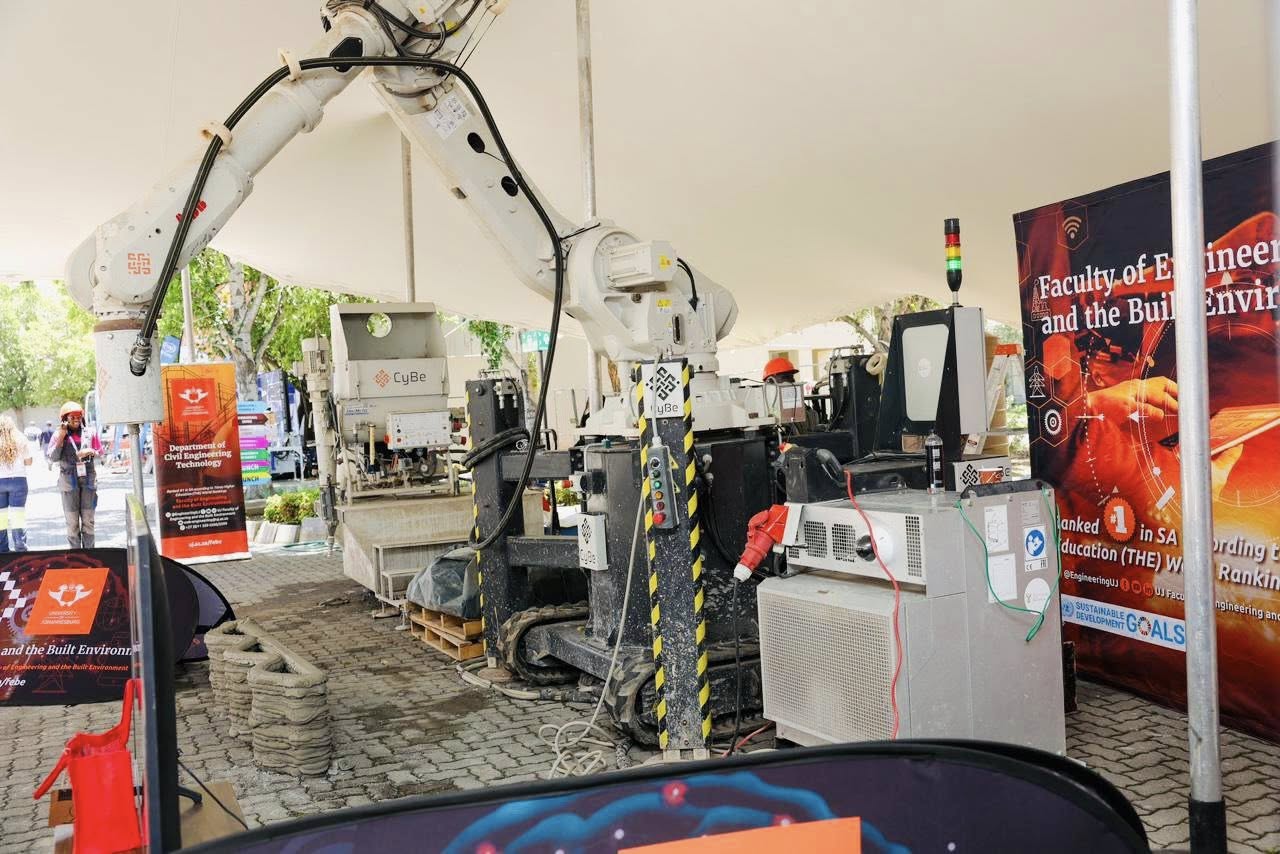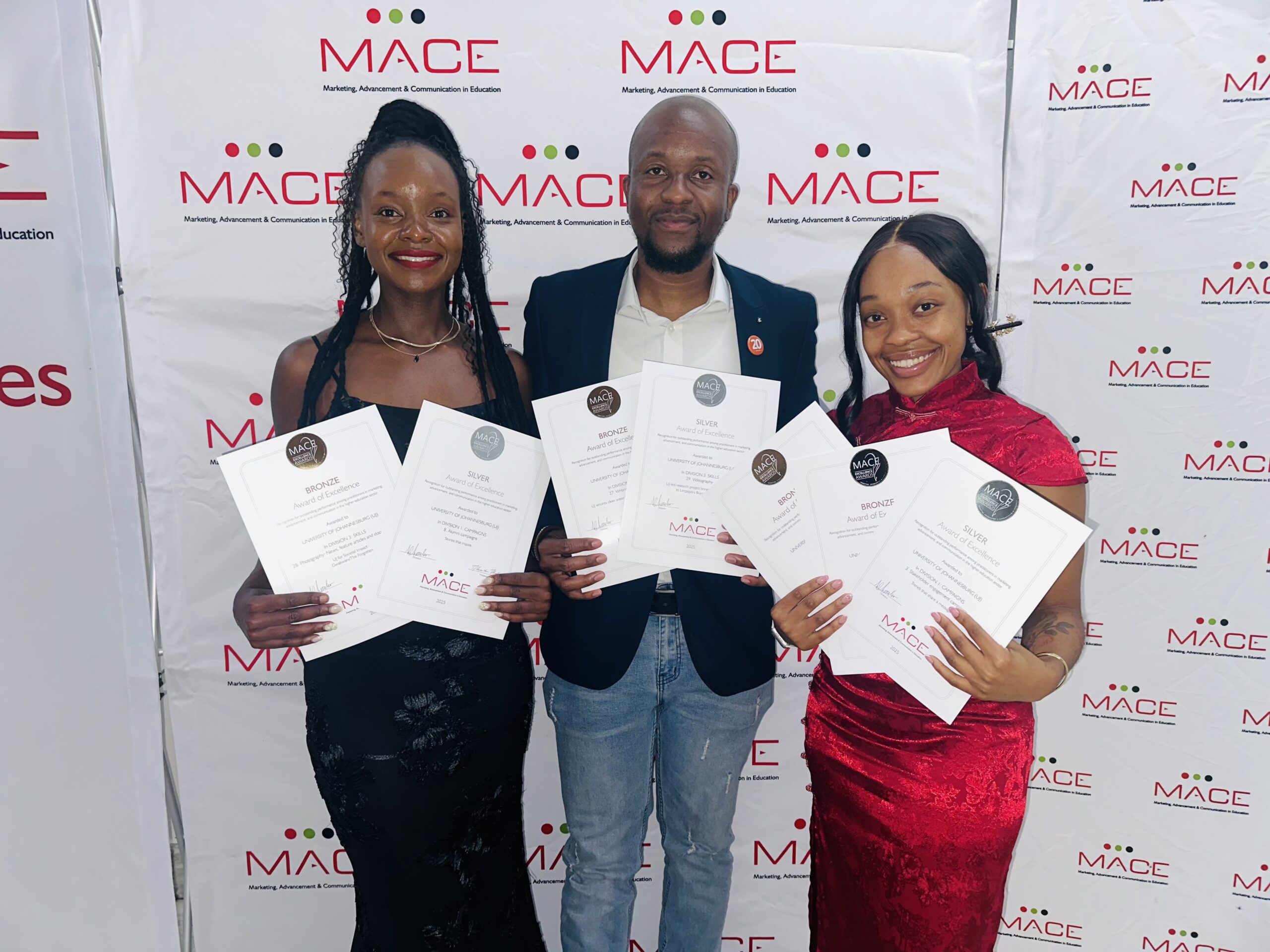The University of Johannesburg’s (UJ) Vice-Chancellor and Principal, Professor Letlhokwa Mpedi, recently visited some of the most significant sites in the Cradle of Humankind, officially recognised by UNESCO as the Fossil Hominid Sites of Sterkfontein, Swartkrans, Kromdraai, and Evirons World Heritage Site. The tour, hosted by UJ’s Palaeo-Research Institute (P-RI), showcased the university’s multidisciplinary expertise in understanding the origins and evolution of humanity in sub-Saharan Africa.
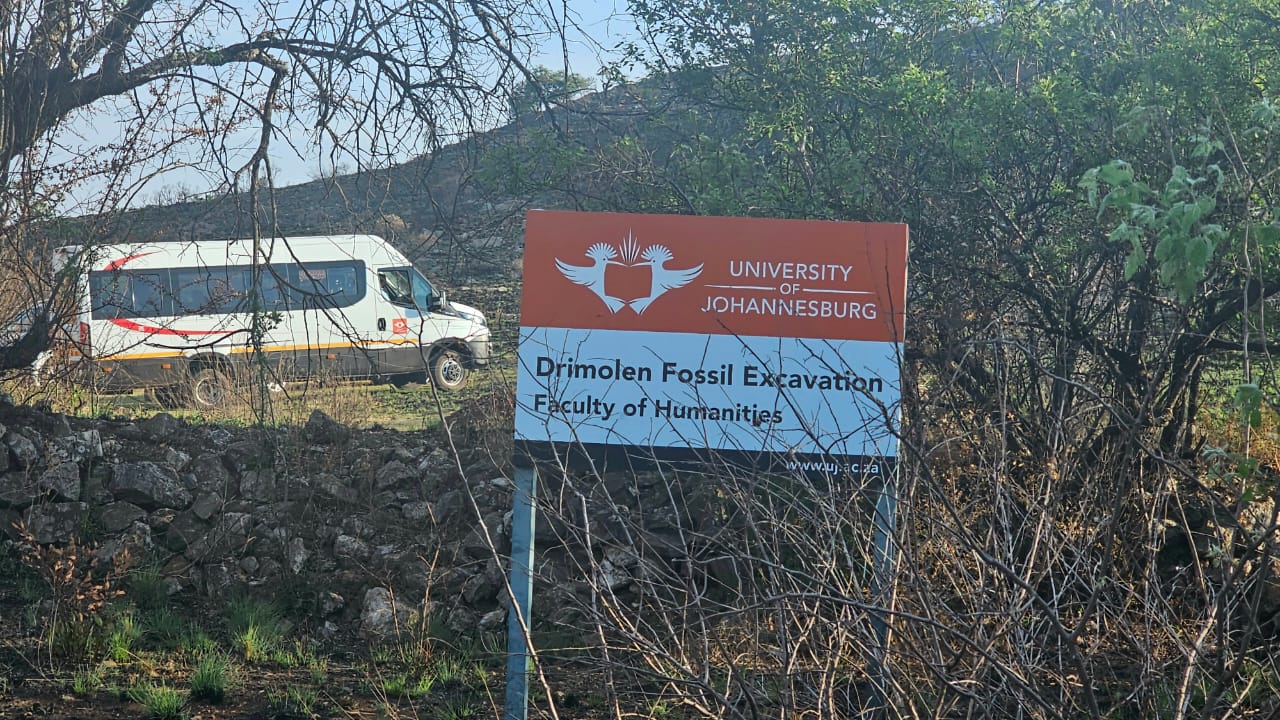
“Today I had the pleasure of being hosted by UJ’s Palaeo-Research Institute at two very crucial sites in the Cradle of Humankind,” the Vice-Chancellor said on LinkedIn. “From fossil hominin analysis, stone age research, palaeo-botany to heritage management, UJ’s P-RI offers a complementary set of expertise with a multi-disciplinary approach to understanding humanity’s past.”
A highlight of the visit was UJ’s own palaeo-cave site, Drimolen, which has produced some remarkable discoveries. In 2015, the site yielded a partial cranium of Homo erectus (DNH 134), the only known example of this species in South Africa. The cranium belonged to a 2–3-year-old juvenile, affectionately nicknamed ‘Simon’ in memory of Simon Mokobane, the site’s technical assistant who passed away in 2018.
Professor Mpedi noted another milestone: “In 2020, a collaboration between UJ and La Trobe University in Australia uncovered evidence suggesting that approximately 2 million years ago, three hominin species lived side by side in South Africa. Considering that today only Homo sapiens survives, it is astonishing to think of this diversity in our early landscape.”
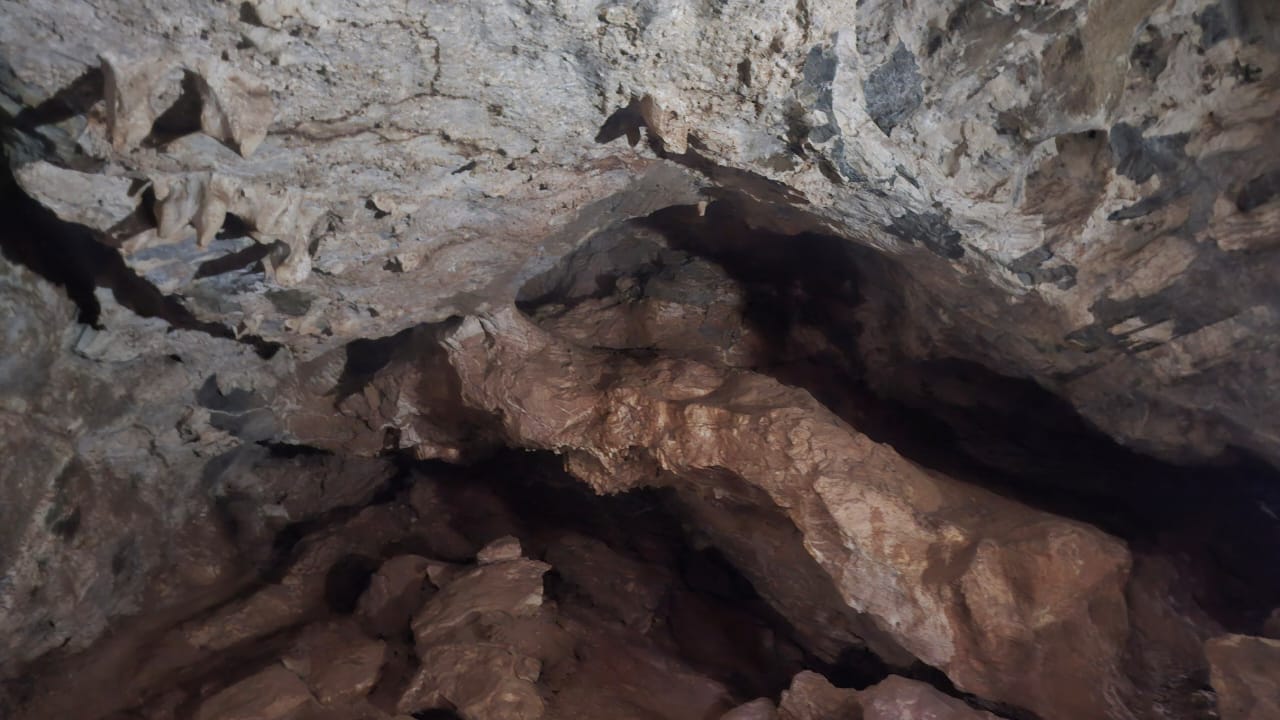
The institute’s research is not limited to fossils explained its director, Dr Dipuo Kgotleng. “UJ is advancing archaeo-botany, the study of plant remains from archaeological sites. By examining woody charcoal preserved in the archaeological record, we can reconstruct past climates and understand how ancient humans used plants for food, fuel, and medicine,” she said.
Beyond scientific discovery, Prof Mpedi emphasised the societal importance of palaeo-research:
“The work undertaken by UJ within the palaeosciences addresses the need for a socially responsive environment. It provides a holistic understanding of the last 3 million years of human evolution on the southern African landscape. Importantly, it also challenges racism and xenophobia. Palaeosciences teaches us that despite our differences, all humans share a common ancestor. Our differences are only skin deep. Prejudice and hatred rooted in fear and ignorance have no scientific basis.”
Through its multidisciplinary approach, UJ’s P-RI continues to illuminate humanity’s past while promoting social consciousness for present and future generations.

